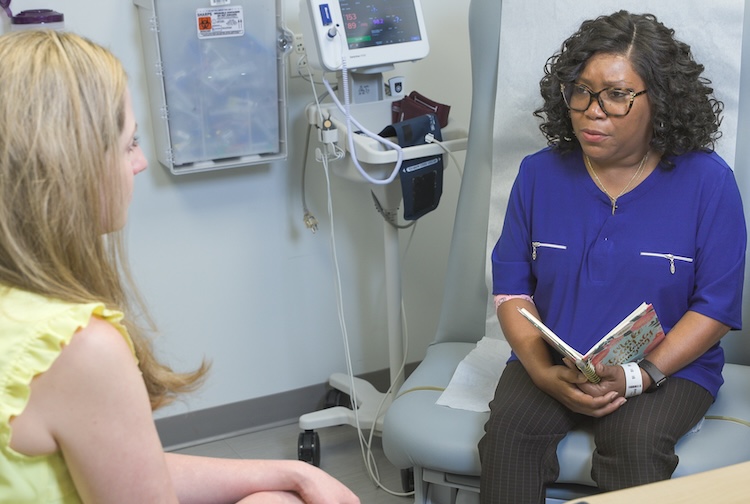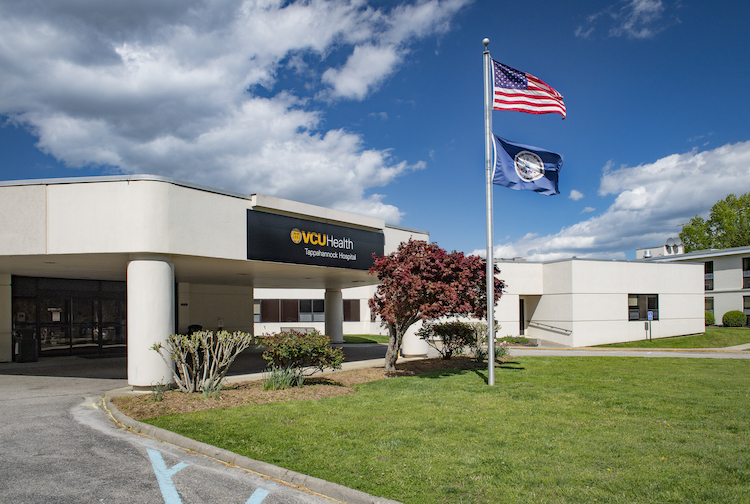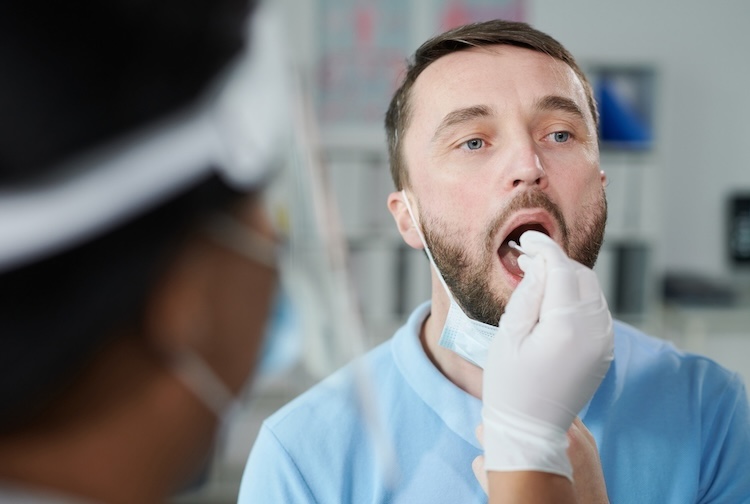VCU Health team shows experimental cancer drug could be promising COVID-19 treatment
October 06, 2020
By John Wallace
804-837-1124
A team of scientists led by Dr. Paul Dent at VCU Massey Cancer Center has discovered that an experimental cancer drug called AR-12 prevents the virus causing COVID-19 from infecting cells and multiplying. The team's findings were published online in the journal Biochemical Pharmacology. The team is now taking steps to develop a clinical trial to test the new treatment.
AR-12 has been studied extensively in Dent's lab as both an anti-cancer and anti-viral drug, with prior research showing it to be effective against such viruses as Zika, mumps, measles, rubella, CMV, drug-resistant HIV and flu.
Dent's new research shows the drug is also effective against the novel coronavirus.
How it works
Unlike other anti-viral drugs, AR-12 disables a type of protein known as a cellular chaperone. Among the cellular chaperones is one called GRP78, which is necessary for all viruses — including the new coronavirus — to infect and multiply.
“We are hopeful that AR-12 will emerge as a treatment option for patients suffering from COVID-19, ultimately saving lives and contributing to the global pandemic solution,” said Dr. Said Sebti, associate director for basic research and a member of the Developmental Therapeutics program at VCU Massey Cancer Center.
Research could also reveal why African Americans are more severely affected by COVID-19
Dent's research may also shed light into why African Americans have been more affected by severe illness during the COVID-19 pandemic.
People of non-European descent, particularly those with African ancestry, make a protein called ATG16L1 T300, while those with primarily European ancestry make ATG16L1 A300.
The team compared colon cancer cells from the two groups and found that the cells of African ancestry made more GRP78 — the cellular chaperone necessary for a virus to infect and multiply.
“This, of course, does not prove that those with the T300 form [people of African ancestry) are more susceptible to COVID-19,” Dent said. “But it provides a biomarker that could be evaluated to help explain why some people get more severe illness than others.”
AR-12 may be easier to take than other medications
AR-12 is an oral medication that was well tolerated in a prior clinical trial. Noted Andrew Poklepovic, M.D., medical director of the Clinical Trials Office at Massey, “Most COVID-19 drugs are given intravenously, so this would be a unique therapeutic option and potentially suitable for outpatient therapy, similar to the way one would take an antibiotic.”
Poklepovic hopes to begin enrolling patients in early 2021, but several milestones remain. The team must first develop the clinical trial protocol, receive approval from the FDA to test AR-12 on COVID-19 patients, and manufacture enough of the drug for the trial.
The VCU COVID-19 Rapid Research Funding Opportunity, VCU Massey Cancer Center and the Commonwealth Health Research Board of Virginia provided funding for this research. For more information on how Massey helps people with cancer, please visit the Massey website.




